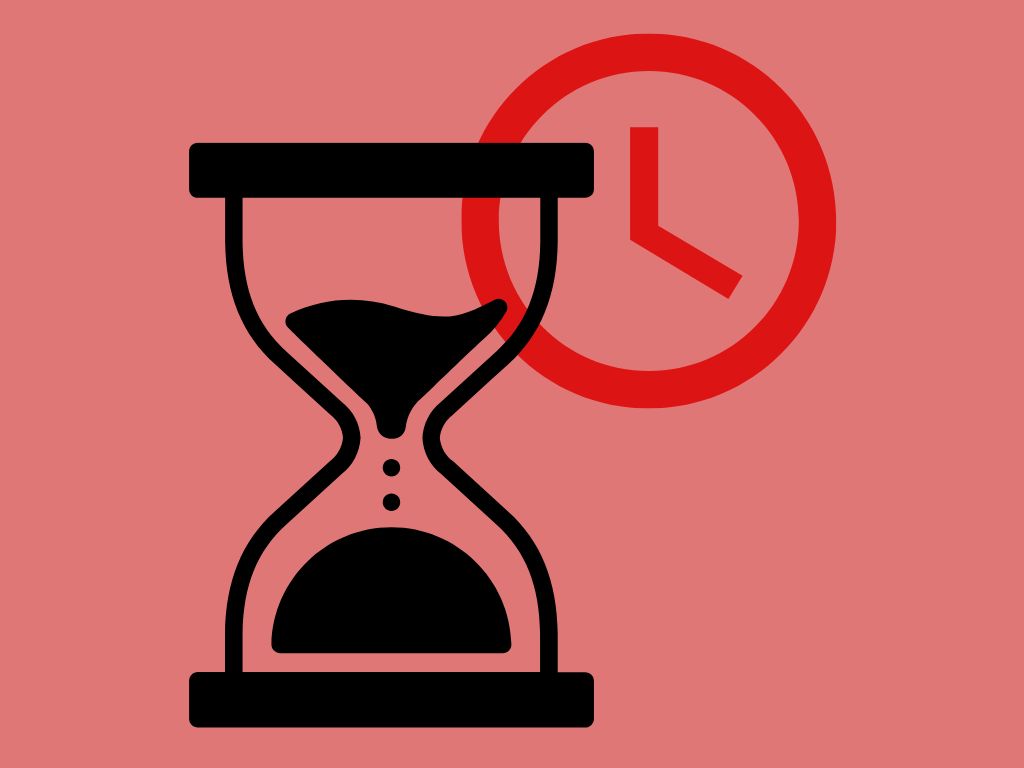In a world where everything is instant-–instant messaging, instant delivery, instant entertainment– it’s easy to forget the value of waiting. As a high school student, I see it all the time. People want quick results: perfect grades without studying, a spot in the starting lineup without practicing and success without struggle. The truth is that anything worth having takes time, and that’s why delayed gratification is so important.
Take school, for example. It’s very tempting to binge-watch a whole season of Netflix right after the school day, but when the test rolls around the next day, it won’t feel good to be unprepared. On the other hand, choosing to study instead of scrolling online may feel annoying at the moment, but when the test rolls around, it’s completely worth it to understand the problems. That’s delayed gratification–giving up the temptation of an immediate reward for something greater later.
It’s not just about academics, delayed gratification matters in almost every aspect of life. Psychologists have studied delayed gratification for years, and research shows that people who can resist short-term temptations for long-term rewards tend to be not only more successful, but happier overall. As high school students, it is especially important to build resilience against our temptations now, so that we have a strong foundation as our work and responsibilities pile on.
Delayed gratification matters in friendships and relationships too. If we constantly chase shallow friendships that give quick validation, we might end up feeling lonely when things get tough. But if we invest in deep, meaningful connections, even if it takes time to build trust, those friendships will likely last much longer.
The same goes for personal goals, like learning an instrument, training for a sport or lifting weights. The small everyday sacrifices, like practicing even when it’s hard, add up to something much bigger like being able to play a favorite song or make free throws.
Did Julius Caesar pause his political reforms to ride his horse? Did Serena Williams win championships by skipping training sessions to sleep in? Of course not. The greatest achievements have always come from patience, dedication and the willingness to sacrifice short-term comfort.
The famous “Marshmallow Test” conducted by a professor at Stanford University in 1970, left children in a room with a single marshmallow for about 15 minutes with the promise that if they did not eat it, they would receive a better reward later. If they did not eat the marshmallow, they would receive either another marshmallow or a pretzel stick.
The experiment provided evidence that kids who could wait ended up with better test scores and healthier lifestyles. This is because self-discipline builds resilience, and resilience helps us face challenges without giving up.
The Marshmallow Test may have suggested that some kids were naturally better at waiting, but follow up research has shown that environment and experience play a big role too. This means that with the right strategies like setting clear goals, creating routines and celebrating small victories, anyone can strengthen their ability to resist short-term temptations for long-term rewards.
It is okay to want to opt out for the easy reward sometimes, because delayed gratification is hard, but just like any other habit worth building, it’s worth it to stick with it even when it feels impossible. Setting small, achievable goals can help develop the habit of patience. Creating routines, like setting a study schedule or practicing a skill daily, reinforces discipline. According to the National Institute of Health (NIH), creating a to-do list leads to more productivity.
The hardest part about delayed gratification is that it is–well–delayed. There is no immediate reward for what can be a hard task. But that’s what makes it so powerful. The ability to wait and work for something is a tool that can lead to a more meaningful life.
So next time it feels enticing to take the easy way out, remember that the best things in life don’t happen instantly. They take time, patience and effort. In the end, waiting will always be worth it.
















Eve Sharp • Mar 19, 2025 at 9:50 am
This is such a relevant and powerful article!